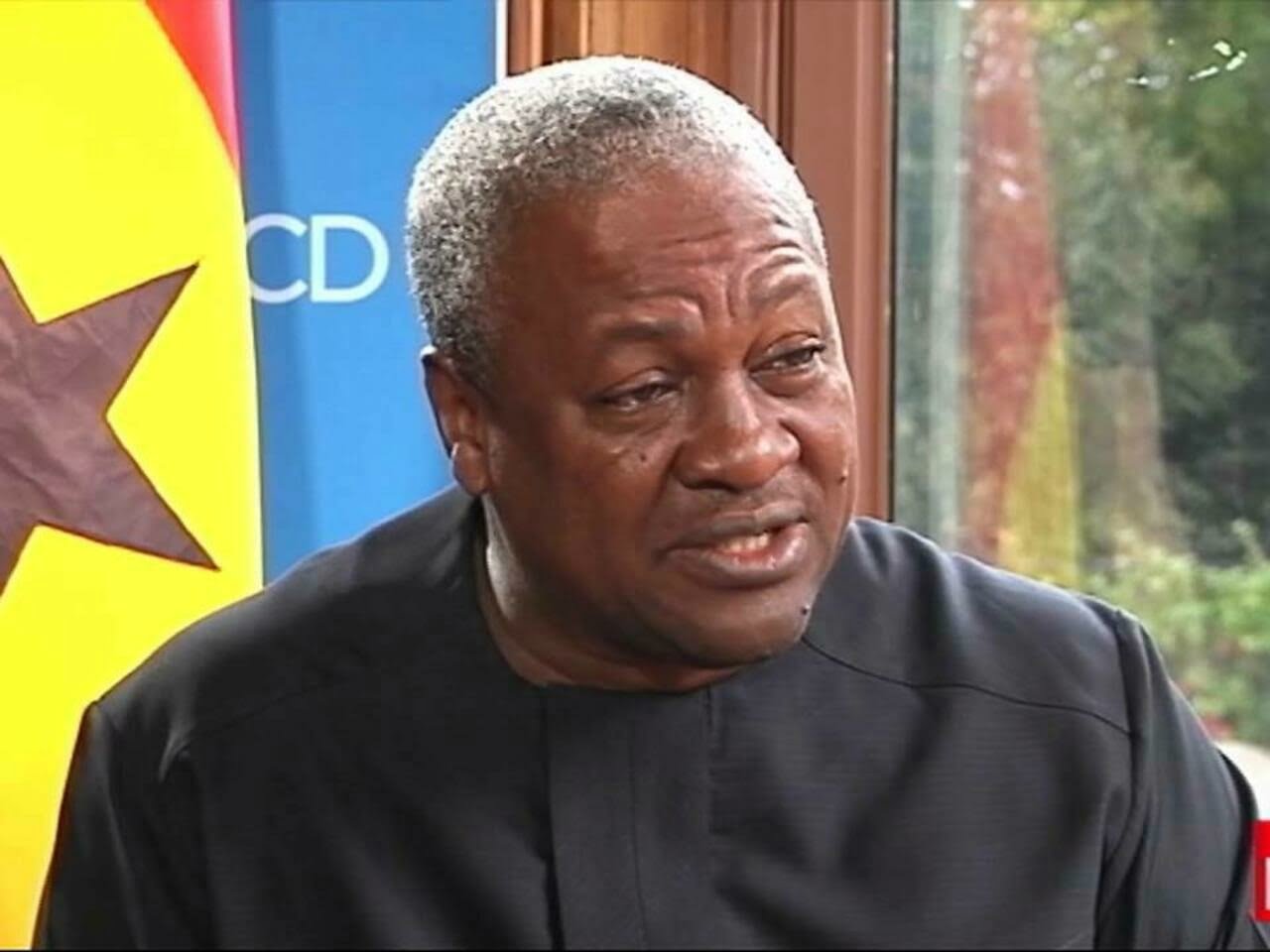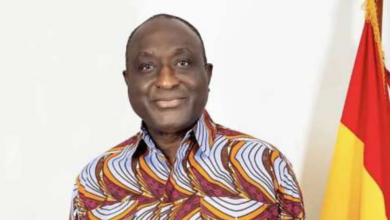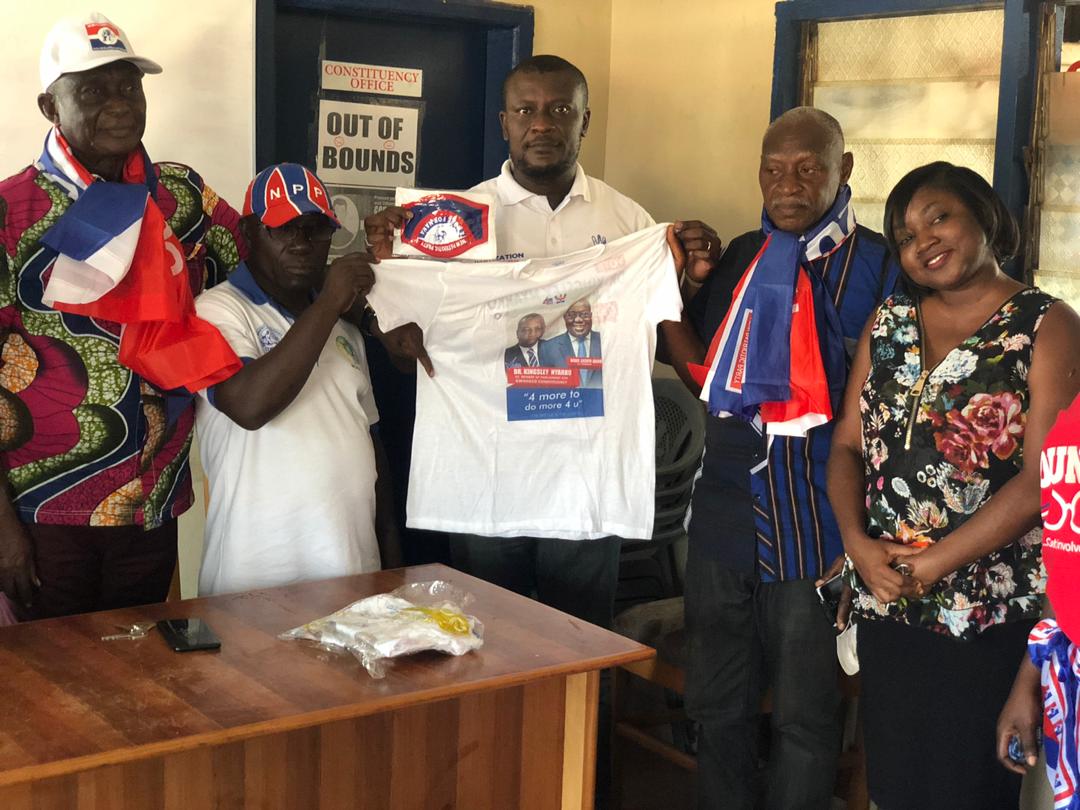Mahama Describes Supreme Court’s Interpretation Of Article 104 As “Judicial Intrusion”

Former President John Dramani Mahama has inferred as judicial interference, the interpretation of the Supreme Court’s ruling that a deputy majority leader presiding over the business in Parliament can count himself to form a quorum as well as vote.
The unanimous ruling of the seven Judges of the apex court on March 9, 2022, has garnered public interest and outcry, particularly from the opposition National Democratic Congress (NDC).
The minority leader in Parliament, Haruna Iddrisu at a presser said the ruling of the court shows the judiciary’s support for the government’s Electronic Transfer Levy (E-levy).
Another NDC MP, the representative of the people of Ningo Prampram, Samuel Nartey George, decried the interpretation noting that parliamentarians are masters of their affairs and so will not be bound by the ruling of the Supreme Court.
It appears that the NDC’s 2020 flagbearer is no exception. He finds the ruling to be “shocking but not surprising”.
According to him, the interpretation is “unfortunate” because it depicts judicial intrusion into Parliamentary Affairs.
“A unanimous 7-0? Shocking but not surprising. An unfortunate interpretation for convenience that sets a dangerous precedent of judicial interference in Parliamentary procedure for the future.”
Background:
The Supreme Court of Ghana interpreted that Deputy Speakers of Parliament cannot be deprived of their rights of representing their Constituencies while presiding over the business of the House of Parliament.
Private legal practitioner, Justice Abdulai ran to the Supreme Court to get it to declare as unconstitutional, the conduct of the First Deputy Speaker, Joseph Osei Owusu, in counting himself to form a quorum while presiding over the affairs of Parliament on November 30, 2021, in the stead of Speaker Alban Bagbin that led to the re-adoption of the 2022 budget statement and Economic Policy.
It was argued that the first deputy speaker could not count himself to form quorum citing Articles 104 and 102 which respectively says that “(1) Except as otherwise provided in this Constitution, matters in Parliament shall be determined by the votes of the majority of members present and voting, with at least half of all the members of Parliament present. (2) The Speaker shall have neither an original nor casting vote.” and “A quorum of Parliament, apart from the person presiding, shall be one-third of all the members of Parliament.”
Order 109(3) of the Standing Orders of Parliament, which says a Deputy Speaker or any other member presiding shall not retain his original vote while presiding, was also cited.
The Supreme Court on March 9, per a report by CNR Court Correspondent monitored by opemsuo.com, indicated that Deputy Speakers will be counted to form the quorum to conduct businesses as captured under article 104 (1) of the 1992 constitution and can partake in voting on the floor of parliament.
The report added that a member of the House ascending the seat to preside over business does not take away the person’s right to represent his people in decision making.
Additionally, the court annulled Order 109(3) of the Standing Orders of Parliament.
Source: opemsuo.com/Hajara Fuseini








